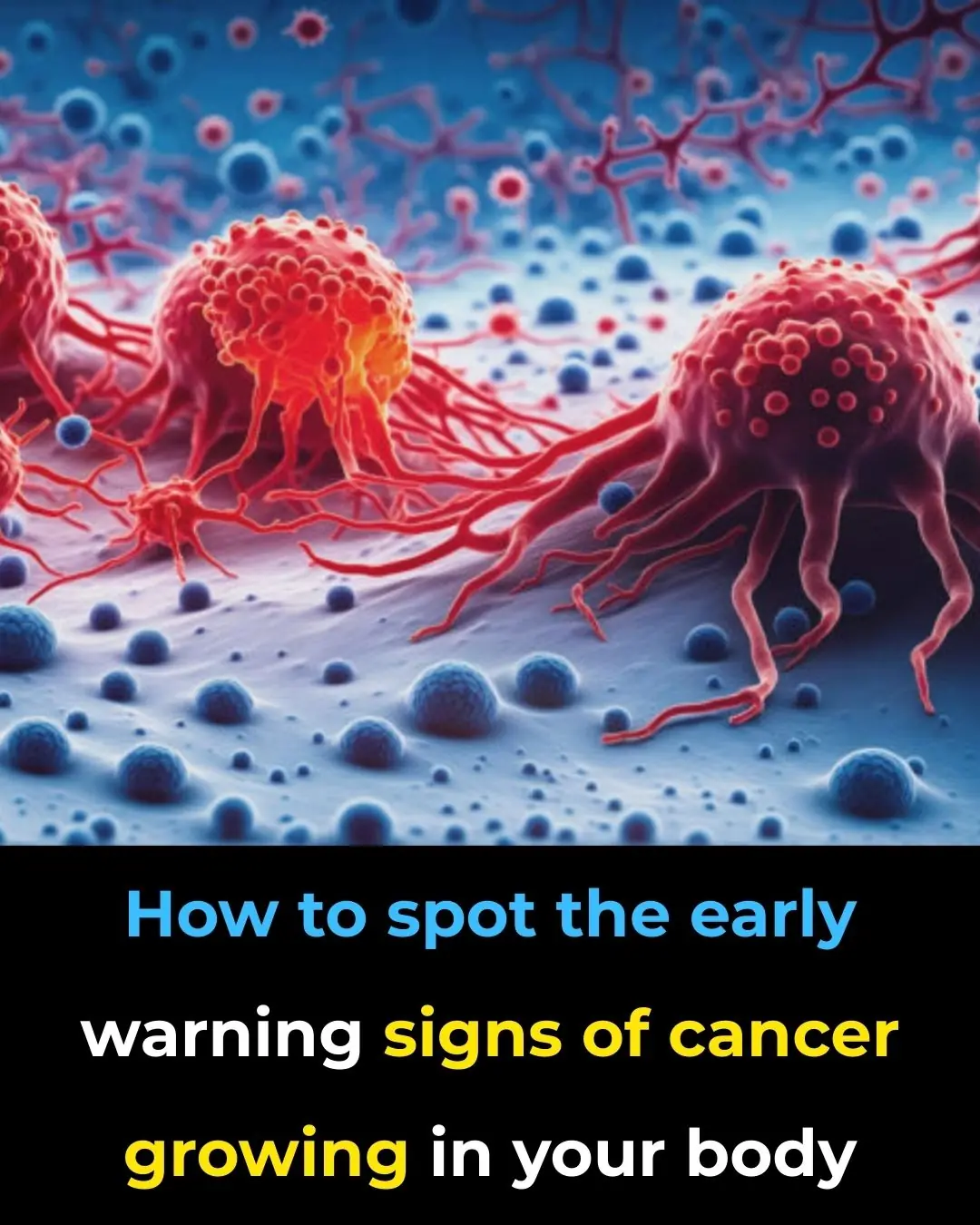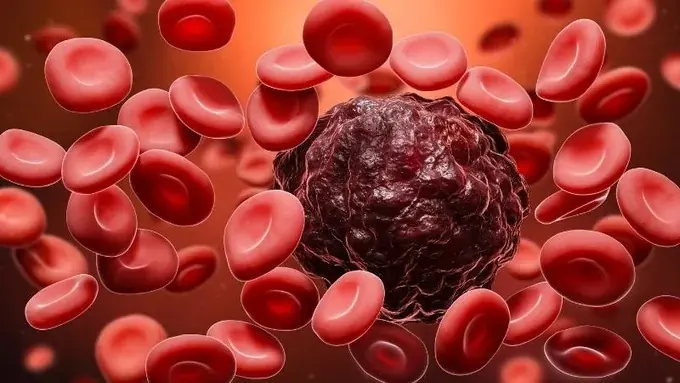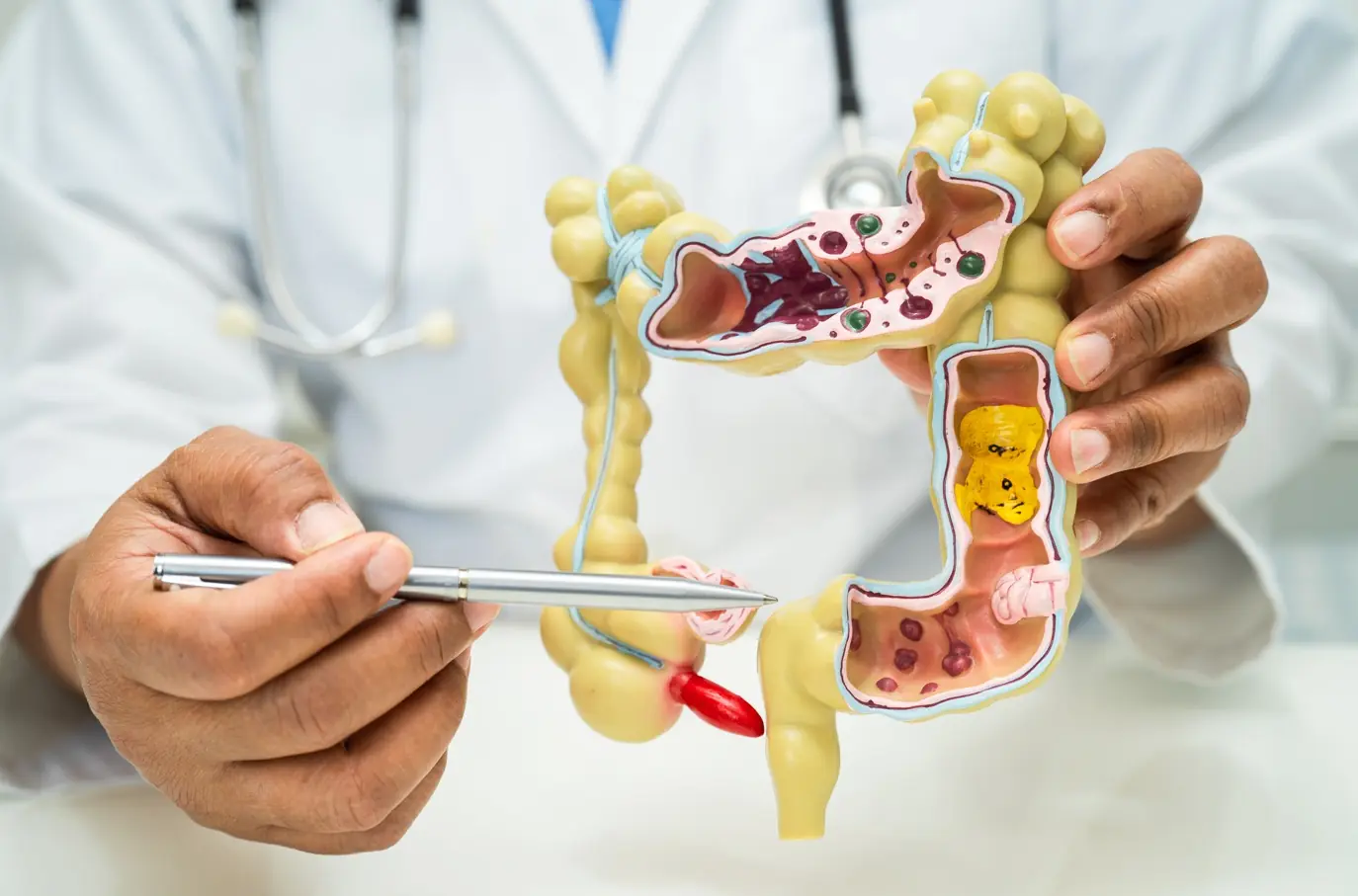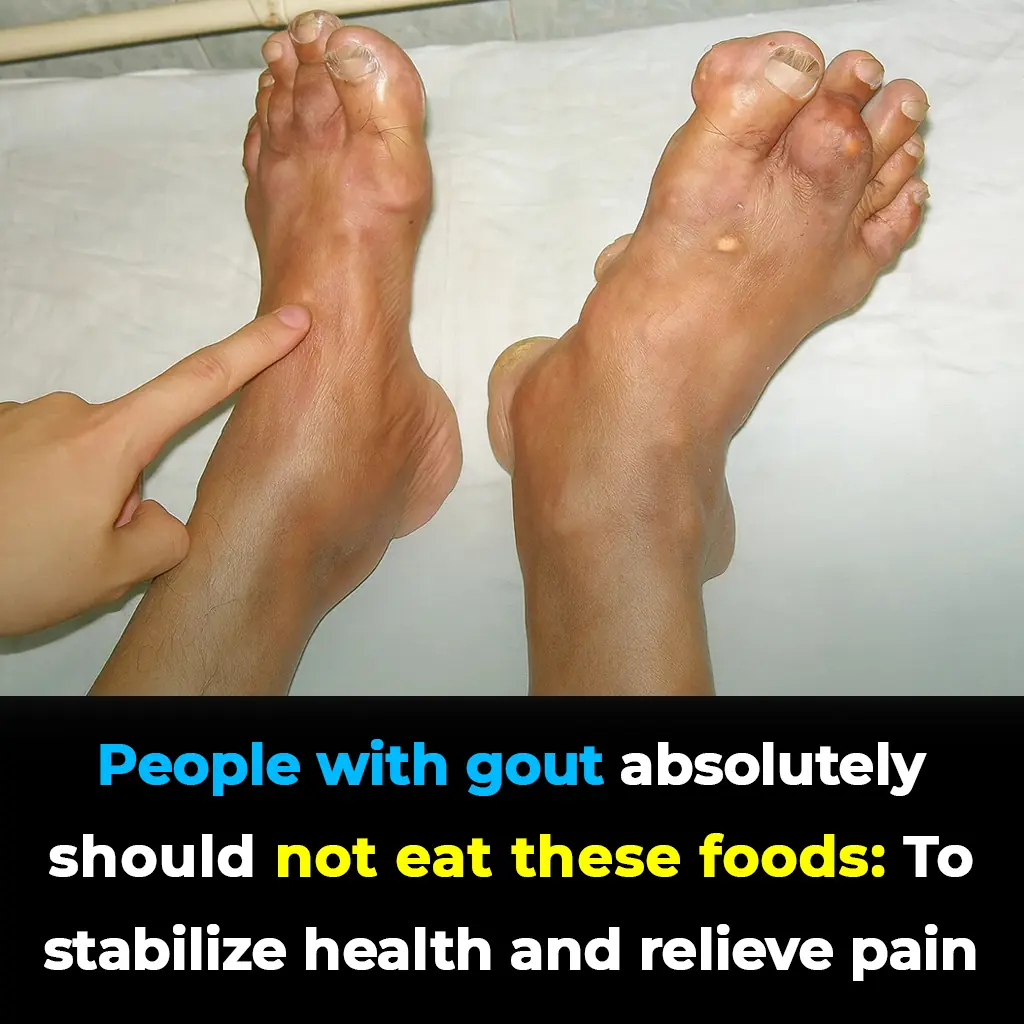
Shingles Vaccine May Protect Against Dementia, New Study Suggests
Could a simple vaccine hold the key to protecting the brain against one of the most feared diseases of aging?
While physicians are often perceived as enjoying longer, healthier lives due to their education, income, and access to medical care, a new study reveals a surprising exception. Surgeons—despite their expertise—carry a significantly higher mortality risk compared with other doctors, underscoring the hidden toll of their demanding profession.

Surgeons at the Top of the Mortality Risk Spectrum
A groundbreaking analysis led by Vishal Patel and colleagues in Boston examined data from the 2023 National Vital Statistics System, cross-referenced with the American Community Survey and the American Medical Association Physician Masterfile. The dataset included over 1 million decedents, among which 224 were surgeons (0.02%) and 2,740 were nonsurgeon physicians (0.25%).
The results were striking: surgeons had a 50% higher mortality ratio than their nonsurgeon counterparts. This elevated risk aligned surgeons more closely with professionals such as lawyers, engineers, and scientists, and although still lower than the general workforce, it marked them as the most vulnerable subgroup within the physician community.
Leading Causes of Death Among Surgeons
The research revealed that neoplasms (cancers) and heart disease remain the two leading causes of death across nearly all professions. However, surgeons stood out for having the highest cancer-specific mortality rate—193.2 deaths per 100,000 people compared with only 87.5 per 100,000 among nonsurgeon physicians.
In addition to cancer, surgeons showed increased vulnerability to:
Why Surgeons May Face Higher Mortality Risks
The researchers suggest multiple factors may contribute to this troubling pattern:
Implications and the Call for Further Research
While the findings shed light on the unique risks surgeons face, they also raise urgent questions. Why is cancer-specific mortality so disproportionately high in this group? Are stress-related lifestyle factors more damaging for surgeons compared with other physicians? Could occupational hazards be the hidden culprit?
The authors emphasize the need for year-over-year comparisons and deeper investigations into lifestyle, workplace culture, and preventive care for surgeons. They argue that improving surgeon well-being is not just about personal health—it also impacts the quality of patient care and the sustainability of the profession.
Bottom Line
This study turns a spotlight on an often-overlooked reality: surgeons, despite their medical expertise, may face higher mortality risks than other doctors. From elevated cancer rates to stress-induced cardiovascular disease, the profession carries health costs that demand greater awareness and intervention. Addressing these risks could transform not only surgeon well-being but also the future of surgical care worldwide.

Could a simple vaccine hold the key to protecting the brain against one of the most feared diseases of aging?










Catching these subtle, non-motor clues may help identify Parkinson’s long before the motor stage, opening the door to interventions that could delay its full expression.

While debate continues over its official recognition, the research shines a spotlight on the neurological toll of modern labor demands and could pave the way for tailored treatments in the future.

The study authors emphasize that these findings mark only the beginning.









Could a simple vaccine hold the key to protecting the brain against one of the most feared diseases of aging?

Avoiding purine-heavy foods like organ meats, processed meats, certain fish, and yeast-based products can help reduce flare-ups and maintain joint health.

From constant-use devices like refrigerators to high-powered kitchen tools, every household has hidden electricity traps.


Homemade carrot oil is a simple, nutrient-packed solution for brighter, firmer, and deeply hydrated skin. Whether you choose the slow, nutrient-preserving sun infusion or the quick simmering method, this golden oil can rejuvenate your skin from the inside











